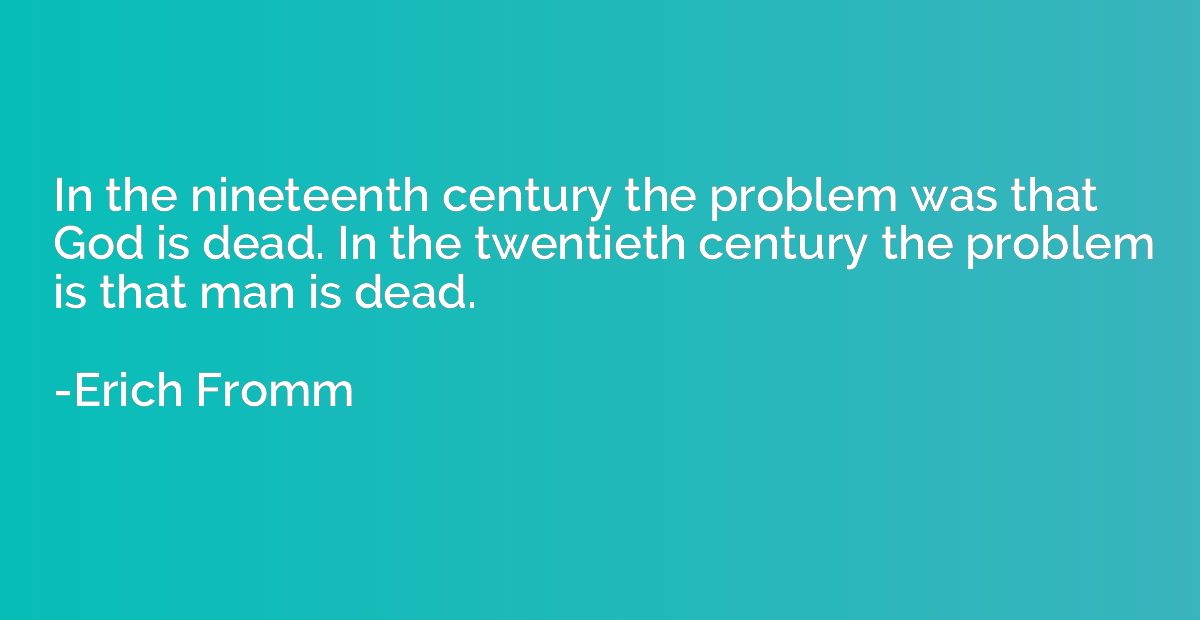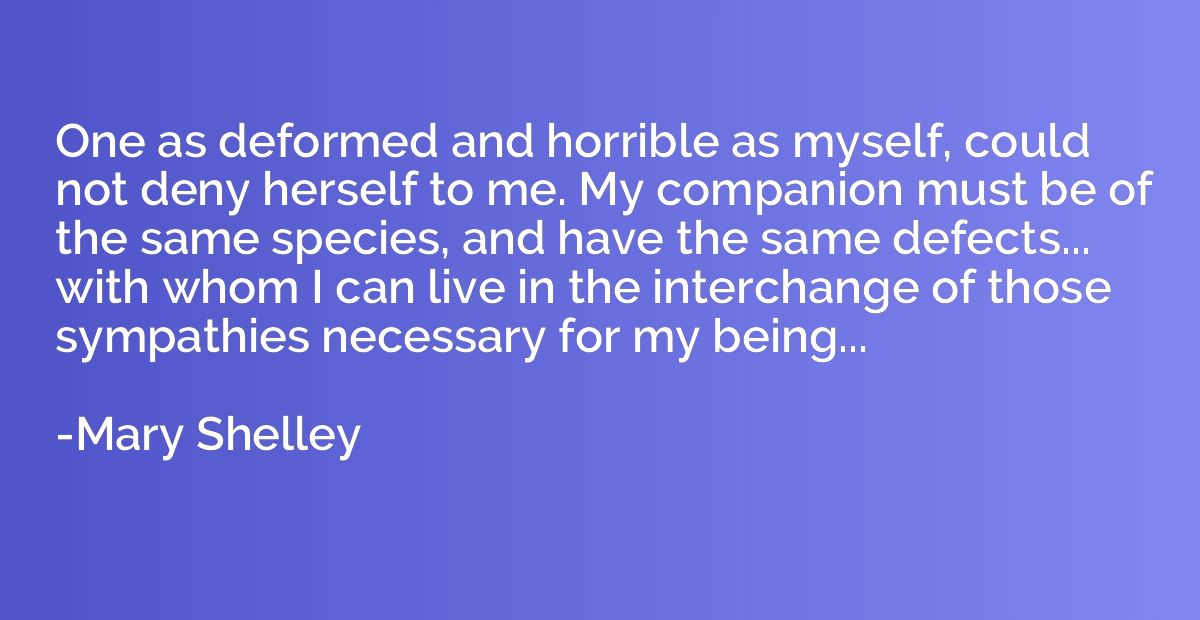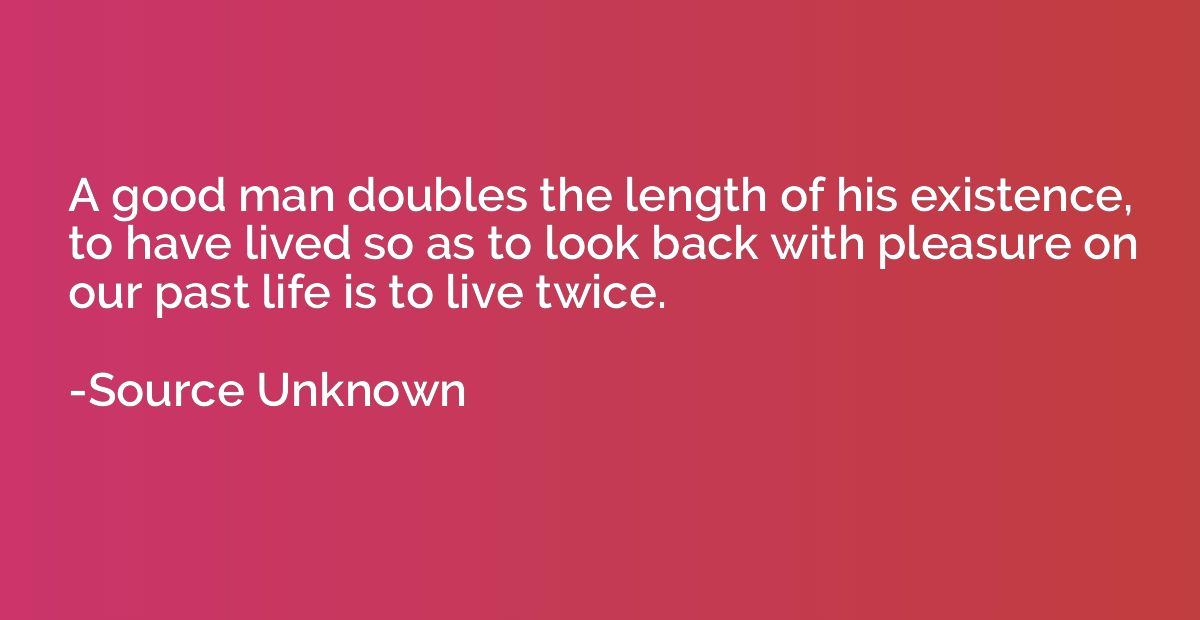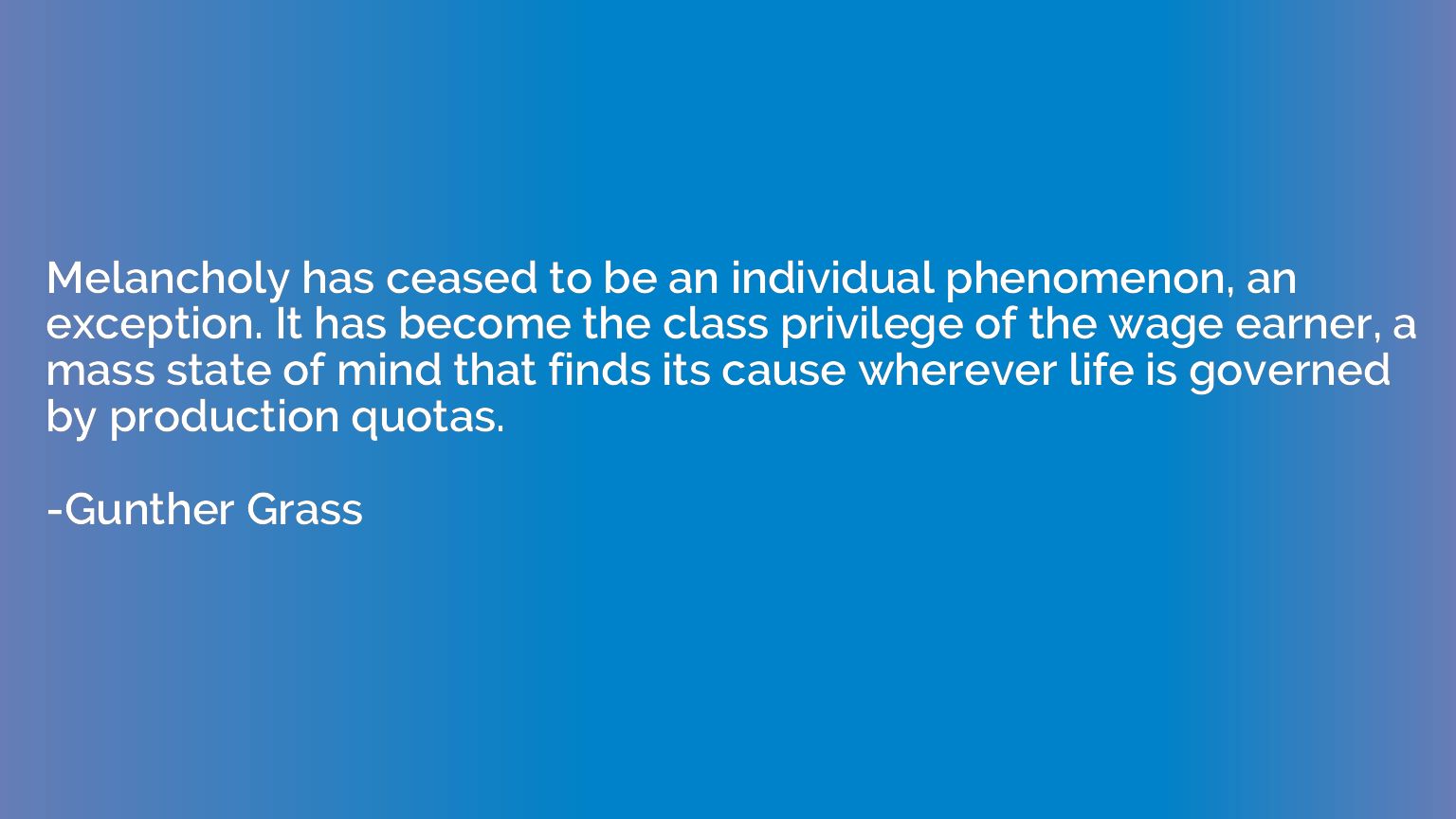Quote by Erich Fromm
In the nineteenth century the problem was that God is dead. In the twentieth century the problem is that man is dead.

Summary
This short quote, often attributed to existential philosopher Jean-Paul Sartre, highlights a shift in the concerns of different time periods. In the nineteenth century, there was a growing doubt and skepticism towards the existence of God. This challenges the traditional religious beliefs and raises questions about the role of spirituality in people's lives. However, in the twentieth century, it suggests that the focus has shifted towards the condition of humanity itself. It implies a sense of disillusionment, expressing concerns about the state of humanity, moral values, and the potential loss of purpose and meaning in an increasingly secular world.
Topics
God
By Erich Fromm














